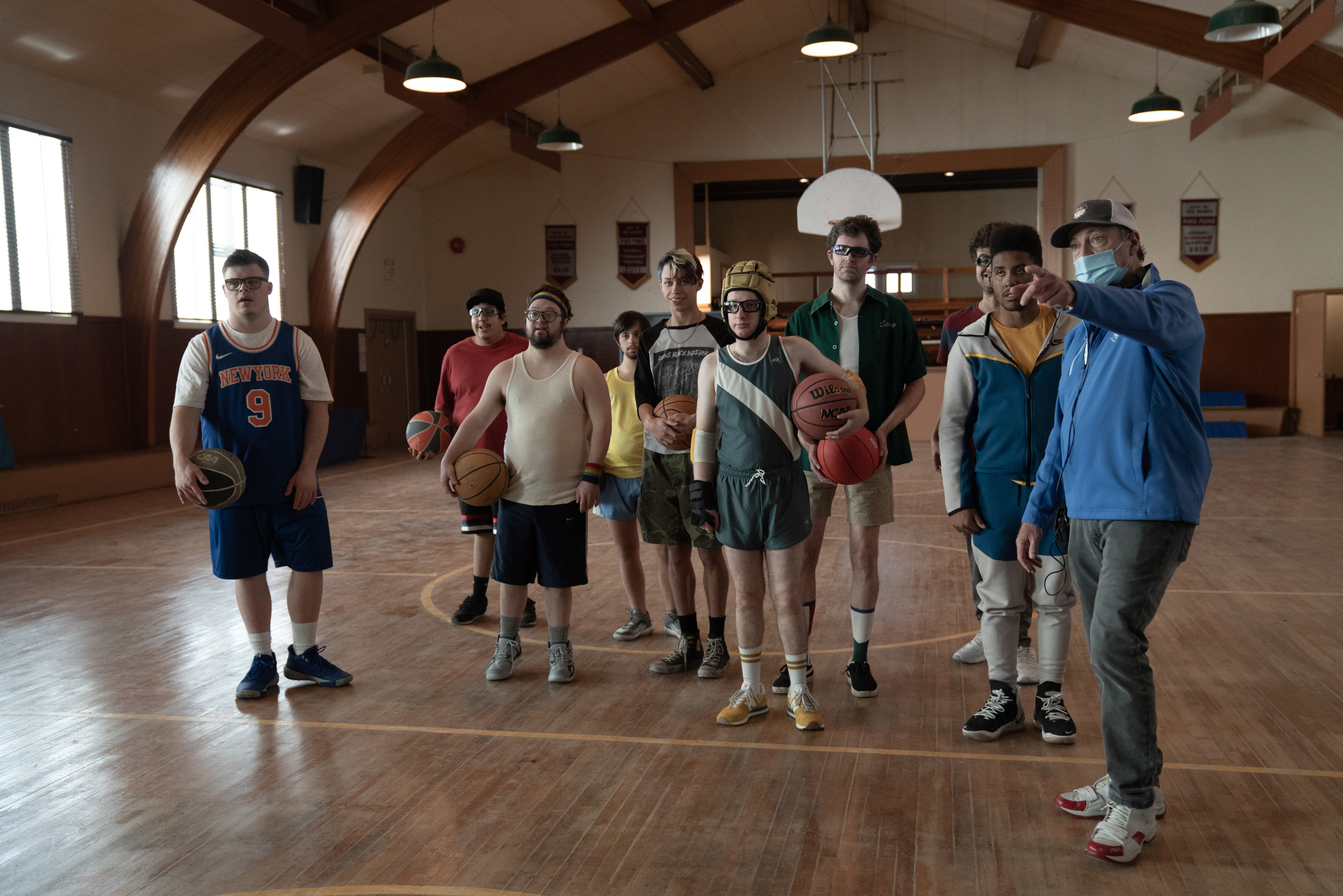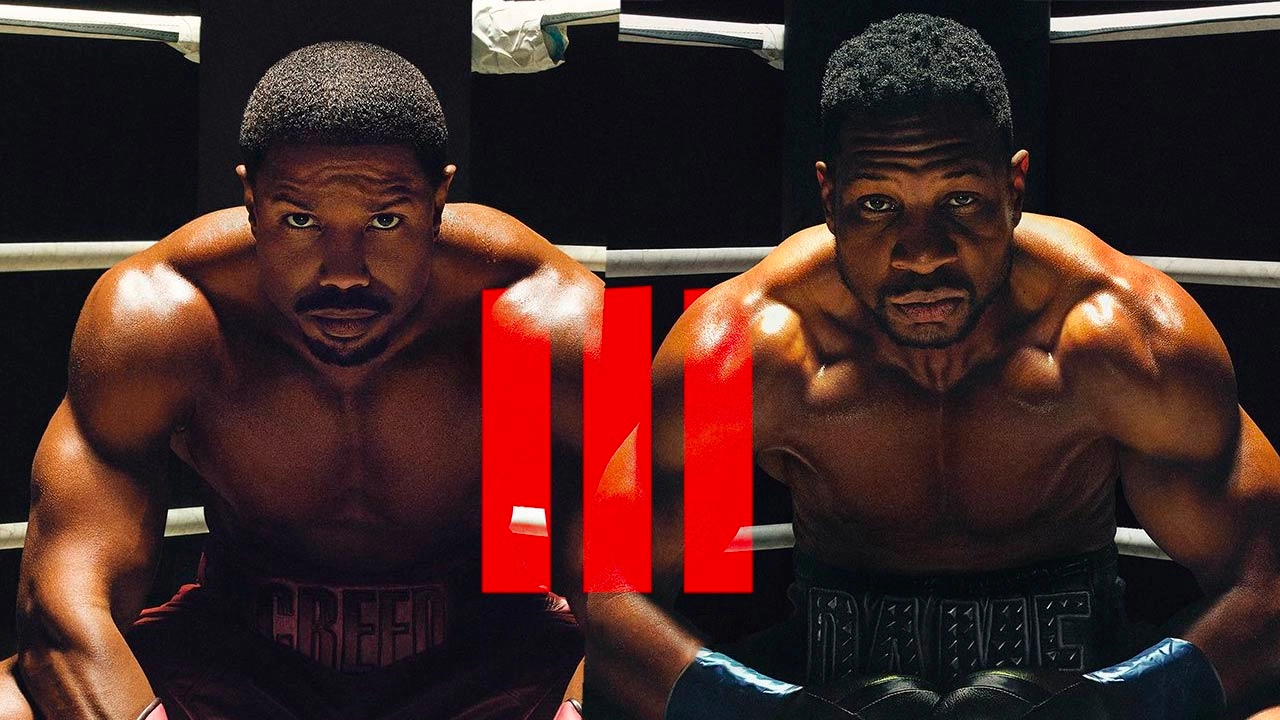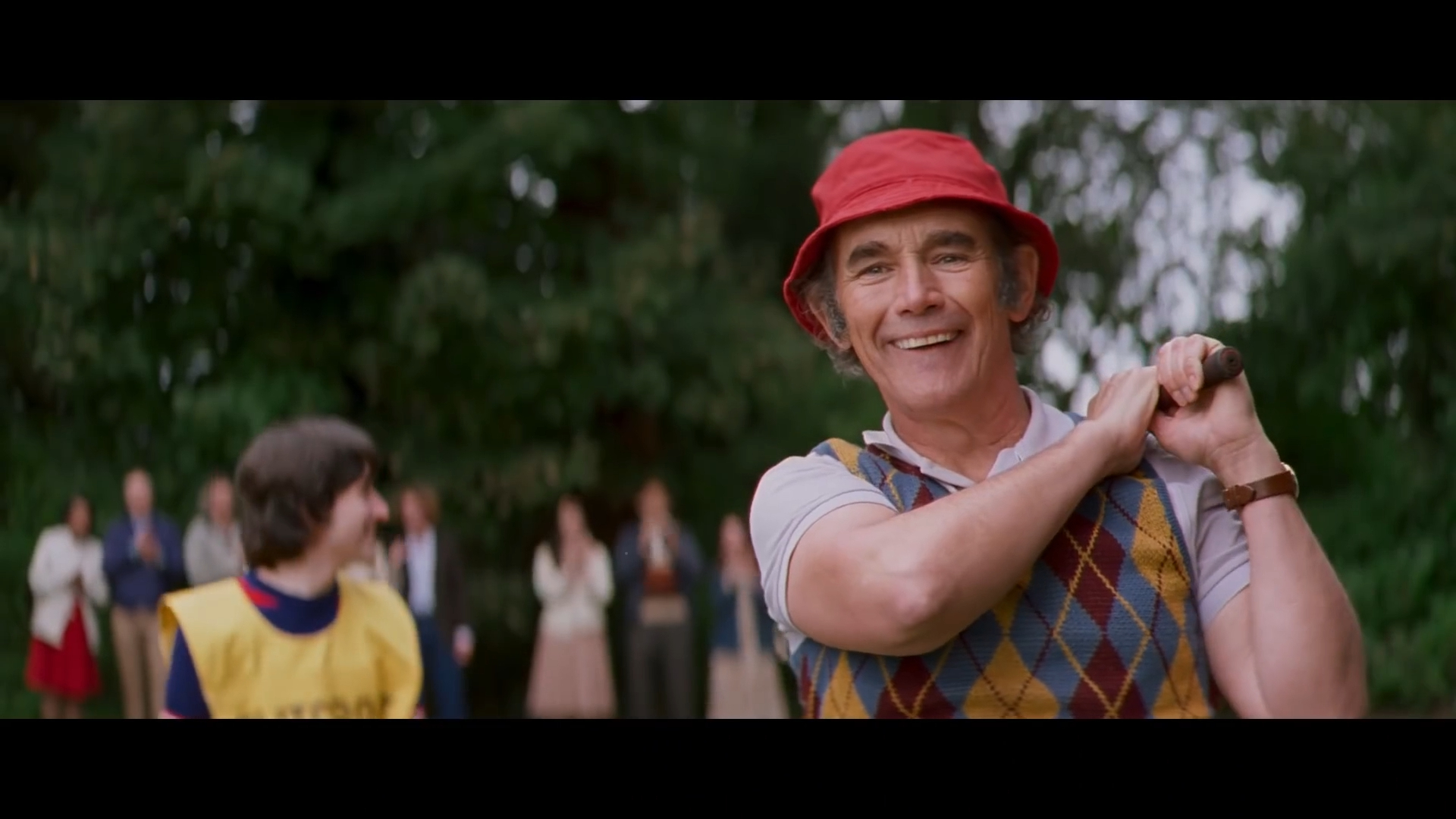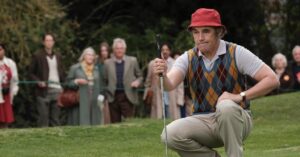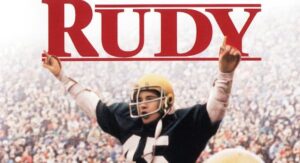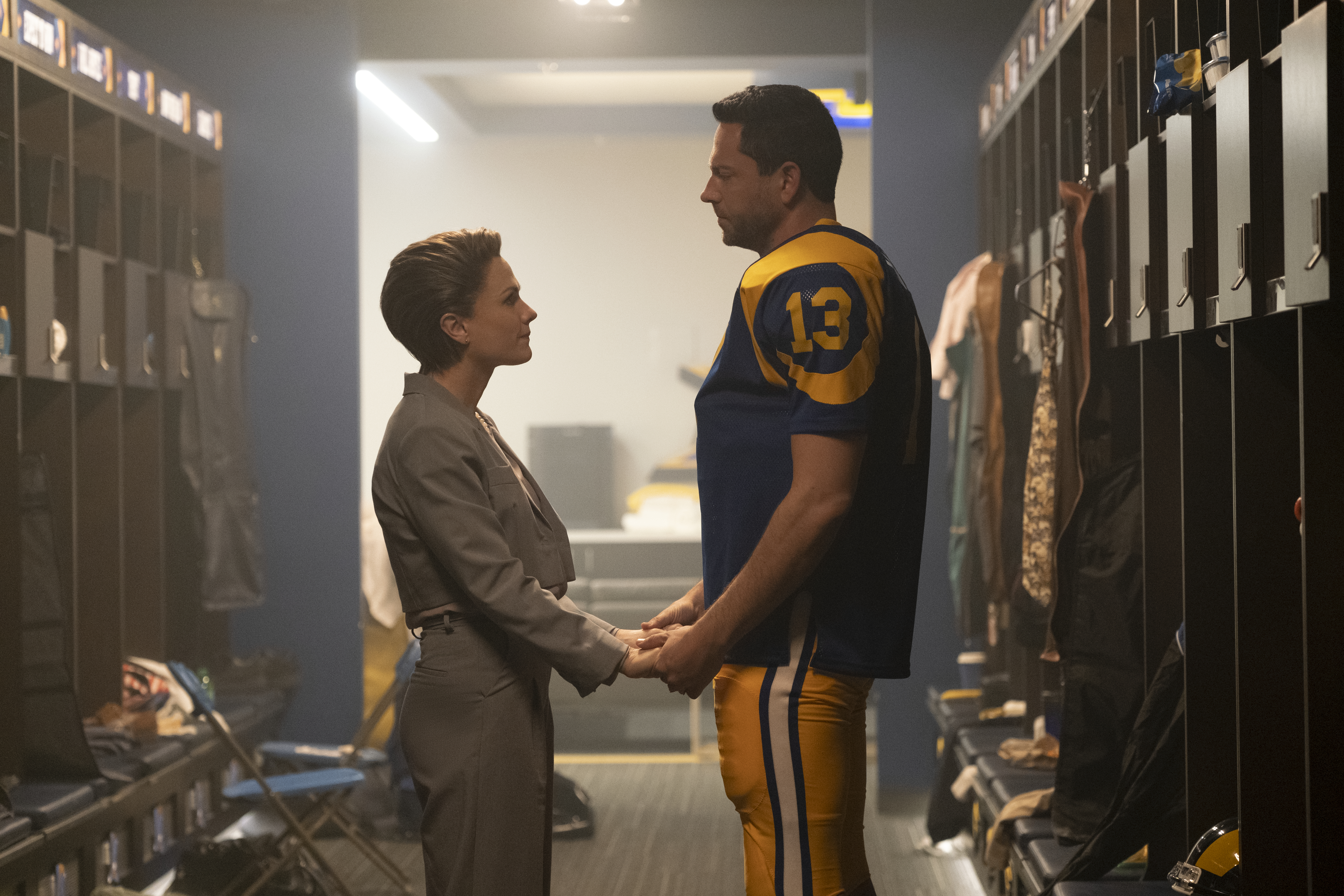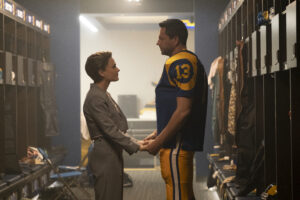Champions
Posted on March 9, 2023 at 5:30 pm
B-| Lowest Recommended Age: | High School |
| MPAA Rating: | Champions is rated PG-13 by the MPAA for strong language and crude/sexual references |
| Profanity: | Very strong language for a PG-13 |
| Alcohol/ Drugs: | Drinking and drunkenness |
| Violence/ Scariness: | Some peril |
| Diversity Issues: | A theme of the movie |
| Date Released to Theaters: | March 10, 2023 |
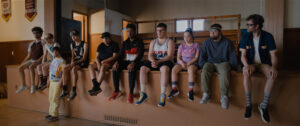
Marcus understands the game of basketball very well. He knows the strategy and the skills it takes to win. People, life, basic requirements of being an adult, not so much. We see him being extremely rude to a woman he clearly does not know but has just had, apparently satisfying sex with. Her name is Alex (Kaitlin Olson), and while Marcus is happy to see her go, flipping the bird on the way out, we are already looking forward to seeing her again.
Marcus loses his job as an assistant coach, gets drunk, and drives into a police car. See what I meant about missing the basic skills of adulting? That’s how he ends up sentenced to 90 days of coaching the Friends, a team of young people with disabilities, including Johnny (gracefully played by Kevin Iannucci, who has Down syndrome). If you think that this is one of those movies where the people who are seen as less capable end up teaching the “normie” some important lessons, you’ve got that right. That doesn’t make it unsatisfying, though, because it all plays out with sincerity. It does not condescend to the characters with disabilities or try to make them saintly, giving them most of the one-up-ing punchlines and showing us their confidence. It gives at least one of them a bit of a character arc. But some viewers may find the portrayals reductionist and overly cute-sy.
But they’ve got Cheech running the community center where the Friends play, and it’s always good to have Cheech on board. Second, Harrelson is quite good at all of the frustration, and Olson gets to play a character who is not a hot mess, like the ones she plays on “Hacks” and “It’s Always Sunny in Philadelphia.” Her warmth and strong presence, and her excellent chemistry with Iannucci are the heart of the film.
Parents should know that this movie has some mature material, beginning with a frank if not explicit description of a one-night stand via an app, strong language for a PG-13, some mild peril and tense confrontations, drinking and drunkenness. The theme of inclusion is worth discussing.
Family discussion: Why didn’t Johnny want to tell Alex about his plans? Does this make you think differently about people with disabilities in your life?
If you like this, try: “The Ringer,” also from Farrelly

